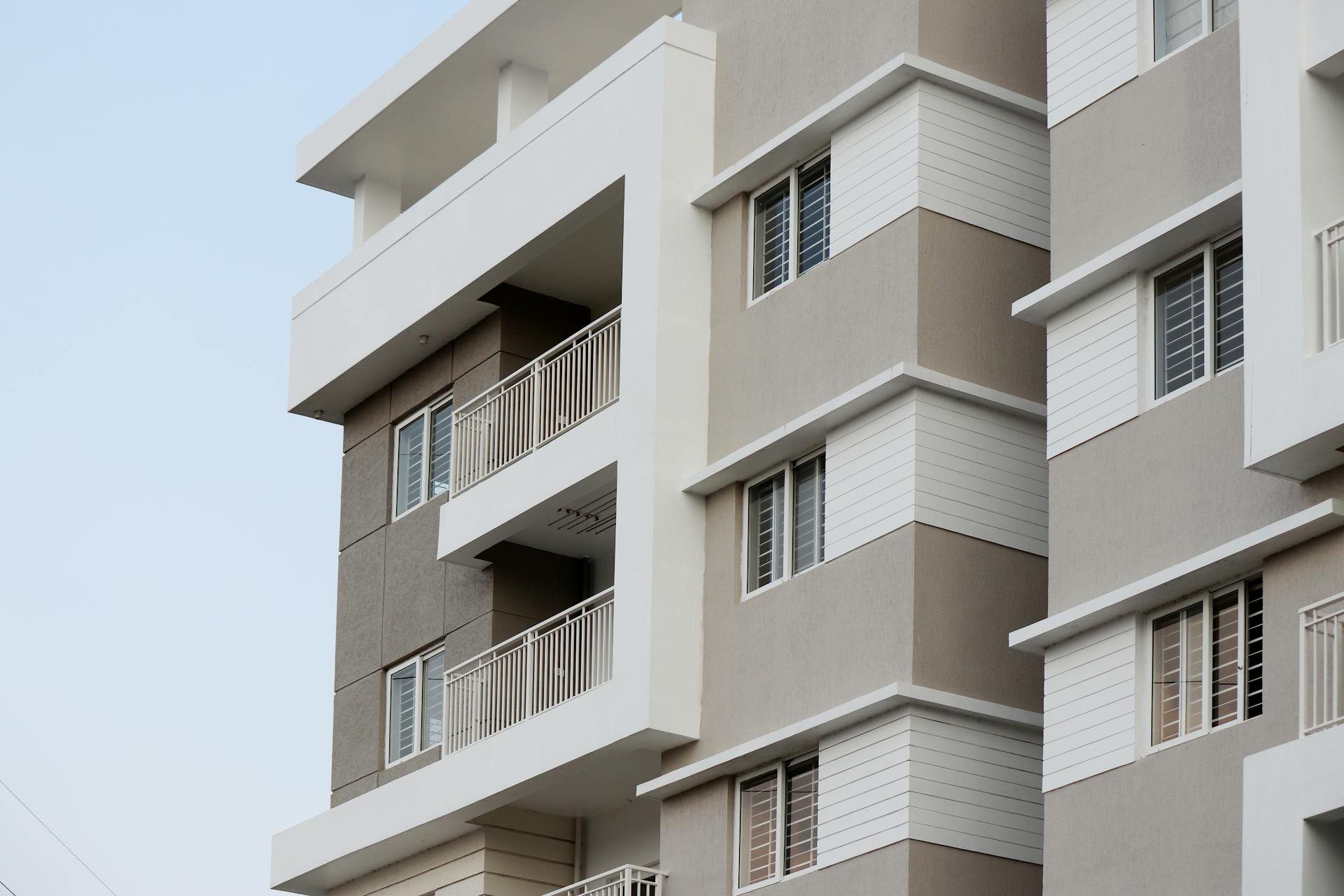How to Choose the Right Co-Owner Insurance
Selecting the appropriate insurance for your condominium depends on your specific situation: are you in a divided co-ownership, an undivided co-ownership, or a housing cooperative? The necessary protections vary in each case, and it’s important to understand what your policy covers and what the syndicate or owner does not cover.
-
In a divided co-ownership, you own your unit and a share of the common areas. You need to insure your belongings, improvements, and civil liability, while the syndicate insures the entire building.
-
In an undivided co-ownership, you don’t solely own your unit. You must take out a policy covering your personal property and your share of the whole, based on the housing structure agreed upon with other co-owners.
-
In a housing cooperative, you have usage rights to a unit but no direct ownership. Therefore, you should take out tenant occupant insurance.
Each form of co-ownership involves different responsibilities and insurance needs. The support of J. Gérard Fortin & Associés experts allows you to navigate these options with confidence and avoid unpleasant surprises.
